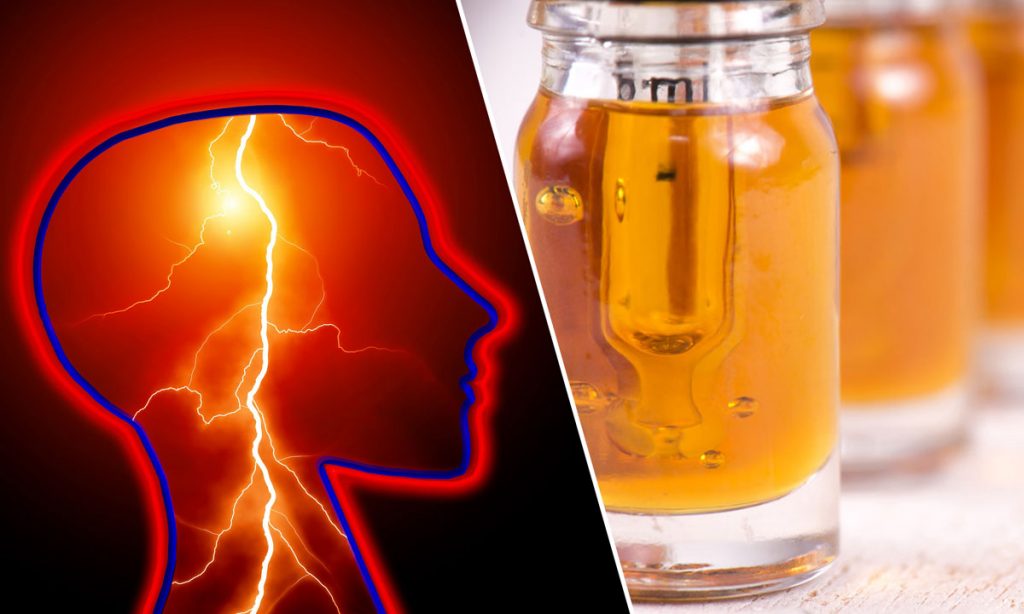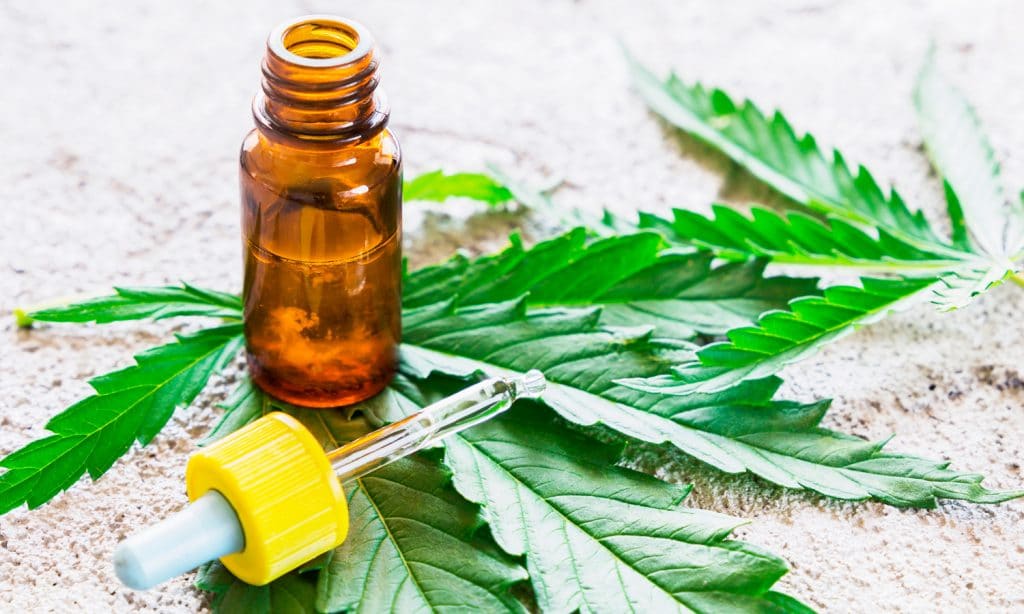Study after study is finding that not only does CBD oil help with headaches, but also pain related to inflammation and anxiety.
It’s often said that there is nothing like the exhaustion of a thyroid condition. The endocrine system, when not in working order, can wreak havoc on many functions within the body. Functions like:
MetabolismMenstrual cyclesBody temperatureBlood PressureMoodIn fact, according to the American Thyroid Association, the complex relationship between thyroid disease, body weight, and metabolism is being studied more and more. With so many bodily functions relying on one teeny gland, the function of the thyroid is paramount to your well-being — mind, body, and spirit.
A 2018 study published in the journal Frontiers in Pharmacology researched cannabis use for self-medication in Germany, Austria, and Switzerland and found that, “10.2% of patients reported using it for migraine headache symptoms…with low doses tending to alleviate migraine while higher doses even triggering headaches. These findings call for creating a highly specific prescription for individual patients, which might be required for a safe and successful treatment plan.”
To put it plainly, cannabis works but needs to be personalized to help alleviate symptoms in a way that’s personal and efficient.








